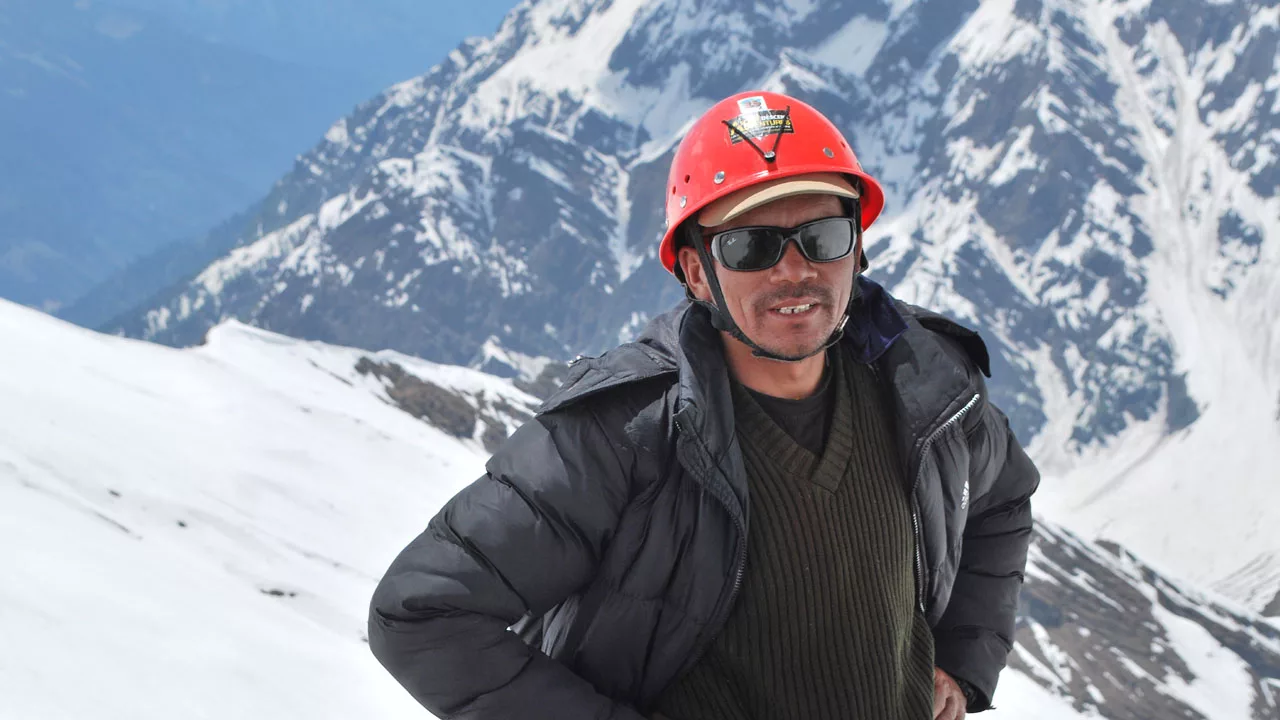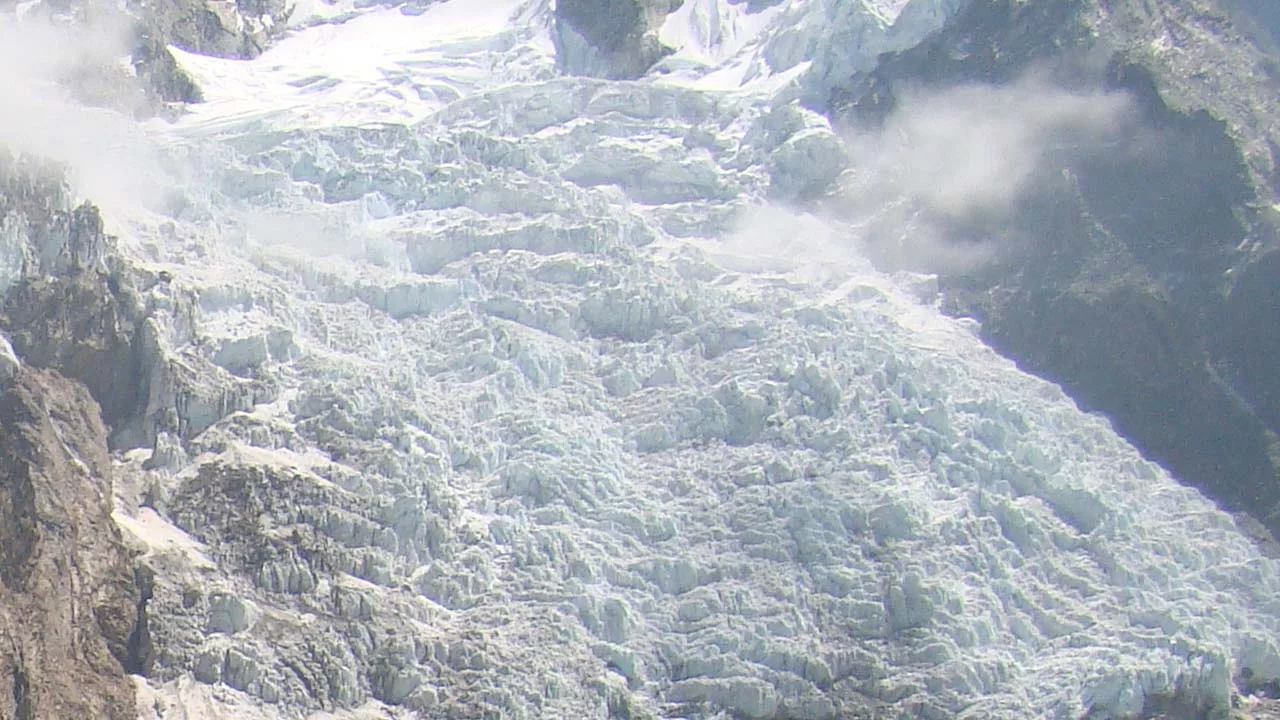Himalayan Sustainability Challenge
Curriculum
One innovative and thought-provoking project that encourages students to explore sustainability challenges and propose solutions within the existing curriculum at Ascent Descent Adventures is the “Himalayan Sustainability Challenge.”
Project Overview:
The Himalayan Sustainability Challenge is an interdisciplinary project that spans the entire curriculum, involving mountain training, and a Mountain Guide Course. It challenges students to address real sustainability issues in the Himalayas while enhancing their skills and knowledge.
Here’s how it works:
Research and Problem Identification:
At the beginning of their courses, students are assigned to research sustainability challenges facing the Himalayan region. This could include issues like deforestation, waste management, endangered species protection, or sustainable tourism.

Fieldwork and Data Collection:
During their expeditions, students collect data related to the identified challenges. For instance, trekkers could document the condition of trails and ecosystems, while climbers may assess the impact of climbing activities on local environments.
Interdisciplinary Collaboration:
Students from different courses collaborate on this project, bringing together their unique perspectives. Mountain training students may focus on safety aspects, while climbers and trekkers concentrate on environmental impacts.
Proposal Development:
Based on their research and fieldwork, students are required to propose innovative and sustainable solutions to address the identified challenges. These proposals should be comprehensive, taking into account environmental, social, and economic aspects.
Peer Evaluation and Presentation:
Students present their proposals to their peers, instructors, and experts in sustainability and adventure travel. This encourages critical thinking and peer evaluation of ideas.
Implementation and Monitoring:
As part of their coursework, students may be responsible for implementing a pilot project related to their proposal during their expeditions. This allows them to see the real-world impact of their solutions.
Long-term Commitment:
Ascent Descent Adventures can commit to implementing some of the most promising student proposals as part of its sustainability initiatives. This demonstrates the ADA’s dedication to sustainability and its willingness to take practical steps.
How It Contributes to Sustainability:

Hands-On Learning:
This project offers students practical, hands-on experience in addressing sustainability challenges, preparing them to be responsible adventurers and leaders in the industry.
Ascent Descent Adventures Commitment:
By implementing student proposals, ADA showcases its commitment to sustainability and the integration of sustainable practices into adventure travel.
Educational Outreach:
The project’s results will be shared through the ADA blog and educational materials, educating a wider audience about Himalayan sustainability challenges and potential solutions.
Industry Impact:
As students graduate and enter the adventure travel industry, they carry their sustainability knowledge with them, potentially influencing the industry as a whole toward more sustainable practices.
Overall, the “Himalayan Sustainability Challenge” project not only enriches students’ learning experiences but also aligns with Ascent Descent Adventures’ commitment to sustainability by actively addressing real-world challenges in the Himalayas and fostering a culture of responsibility among its students.
